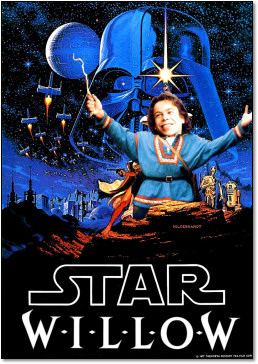Here is a well thought out argument on why, from a historical perspective, software piracy is not only desirable, but necessary due to current copyright laws.
Thanks to widespread adoption of aggressive digital rights management (DRM) and a single-source model of distribution, most digitally distributed software will vanish from the historical record when those stores shut down. And believe me, they will shut down some day. If this doesn’t scare you, then you need an allegorical history lesson. Here it is:
Imagine if a publisher of 500,000 different printed book titles suddenly ceased operation and magically rendered all sold copies of its books unreadable. Poof. The information contained in them simply vanished. It would represent a cultural catastrophe on the order of the burning of the Great Library of Alexandriaw in 48 B.C. In that fire, a majority of the Western world’s cultural history up to that point turned to ash.
Now take a look at the iTunes App Store, a 500,000 app repository of digital culture. It’s controlled by a single company, and when it closes some day (or it stops supporting older apps, like Apple already did with the classic iPod), legal access to those apps will vanish. Purchased apps locked on iDevices will meet their doom when those gadgets stop working, as they are prone to do. Even before then, older apps will fade away as developers decline to pay the $100 a year required to keep their wares listed in the store.
And here's another analogy he makes not much later:
When Corporations Own History, They Change It
The DRM found in digital app stores today poses a significant threat to our future understanding of history. Sure, the companies that create this software own the rights to these products now, but once a work becomes consumed and embedded into mass culture, it belongs to the ages. It assumes a role larger than that of a mere commercial product, and copies of the work should be protected and preserved as cultural treasures.
It’s hard to protect and preserve that which is liable to change or disappear at any time. If VHS tapes worked like app stores, George Lucas could force all of us to upgrade our purchased Star Wars films to the Special Edition versions (to maintain compatibility with LucasOS, of course), overwriting the old ones in the process. Heck, one day he could decide he doesn’t like the movies at all and replace them with copies of Willow. It would be within his legal rights, but it would also be cultural robbery.

Of course, accepting this argument requires accepting the assumption that software is culturally significant. And while personally I can accept that some software is indeed culturally significant, I don't think it will be for the worse if future generations never get to experience a Charlie Sheen Soundboard app.
The article makes a compelling argument for software piracy as a method of historical archival and cultural preservation. I suggest you read the entire thing here:
Why History Needs Software Piracy 